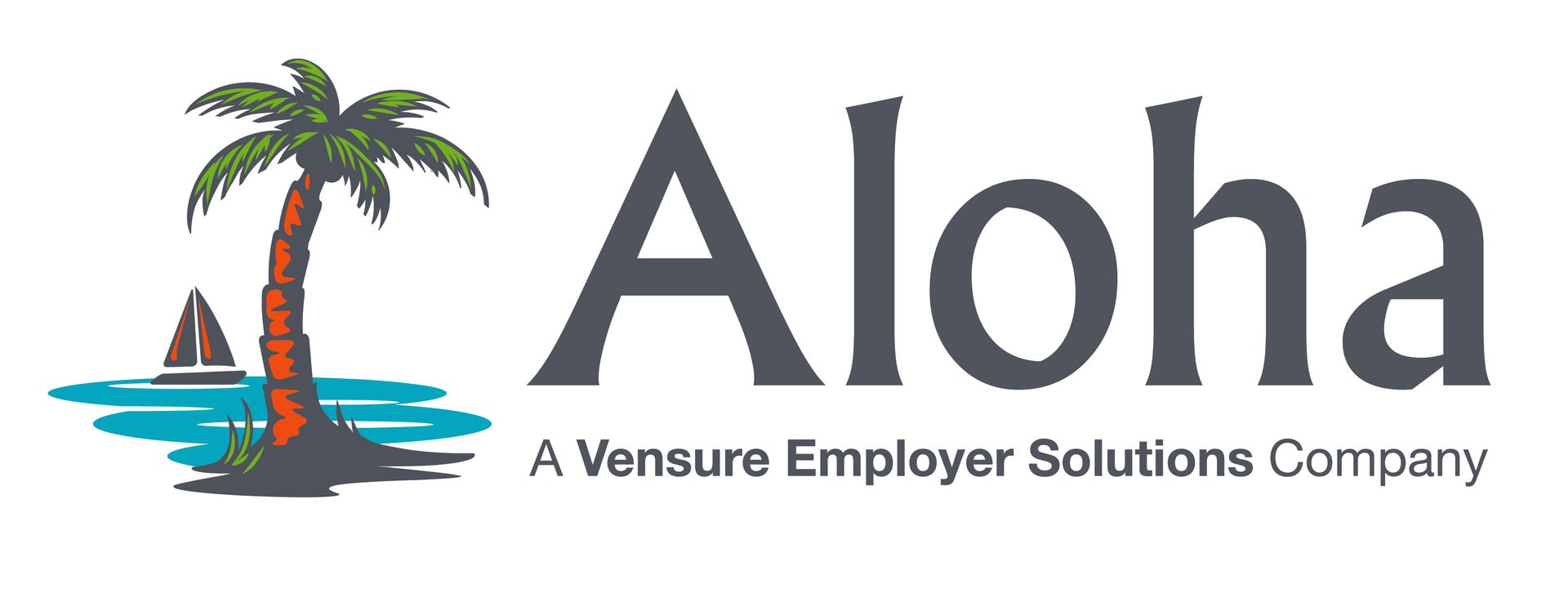Building a Positive Company Culture Through HR
Understanding Company Culture
Company culture is the shared values, beliefs, and practices that shape the work environment. It affects how employees interact with each other and how they approach their work. A positive culture can lead to higher job satisfaction and improved performance.
Building a positive culture is not just about perks. It involves creating an environment where employees feel valued and supported. This is where HR plays a crucial role. HR can drive initiatives that foster a positive atmosphere.

The Role of HR in Shaping Culture
HR professionals are key players in shaping company culture. They can implement strategies that promote inclusivity and engagement. By understanding employee needs, HR can tailor programs that enhance workplace morale.
One way HR can influence culture is through recruitment. Hiring individuals who align with the company's values can strengthen the culture. HR can also provide training that reinforces these values among current employees.
Promoting Open Communication
Open communication is vital for a positive culture. HR can encourage transparency by implementing regular feedback sessions. This allows employees to voice their opinions and feel heard.
HR can also establish clear communication channels. This ensures that information flows smoothly across all levels of the organization. Employees can then stay informed and engaged.

Recognizing and Rewarding Efforts
Recognition is a powerful tool in building a positive culture. HR can develop recognition programs that highlight employee achievements. This boosts morale and motivates employees to strive for excellence.
Rewards don't have to be extravagant. Simple gestures like thank-you notes or team celebrations can make a difference. Consistent recognition fosters a sense of belonging and appreciation.
Encouraging Work-Life Balance
A healthy work-life balance contributes to a positive culture. HR can promote flexible work arrangements that cater to employee needs. This flexibility can reduce stress and increase job satisfaction.
HR can also advocate for wellness programs. These can include mental health resources or fitness initiatives. Supporting employee well-being is essential for a thriving workplace.

Continuous Improvement
Building a positive culture is an ongoing process. HR should regularly assess the effectiveness of their initiatives. Gathering feedback from employees can provide insights into areas for improvement.
HR can use this feedback to refine their strategies. By staying proactive, HR can ensure that the company culture remains positive and adaptive to changing needs.
